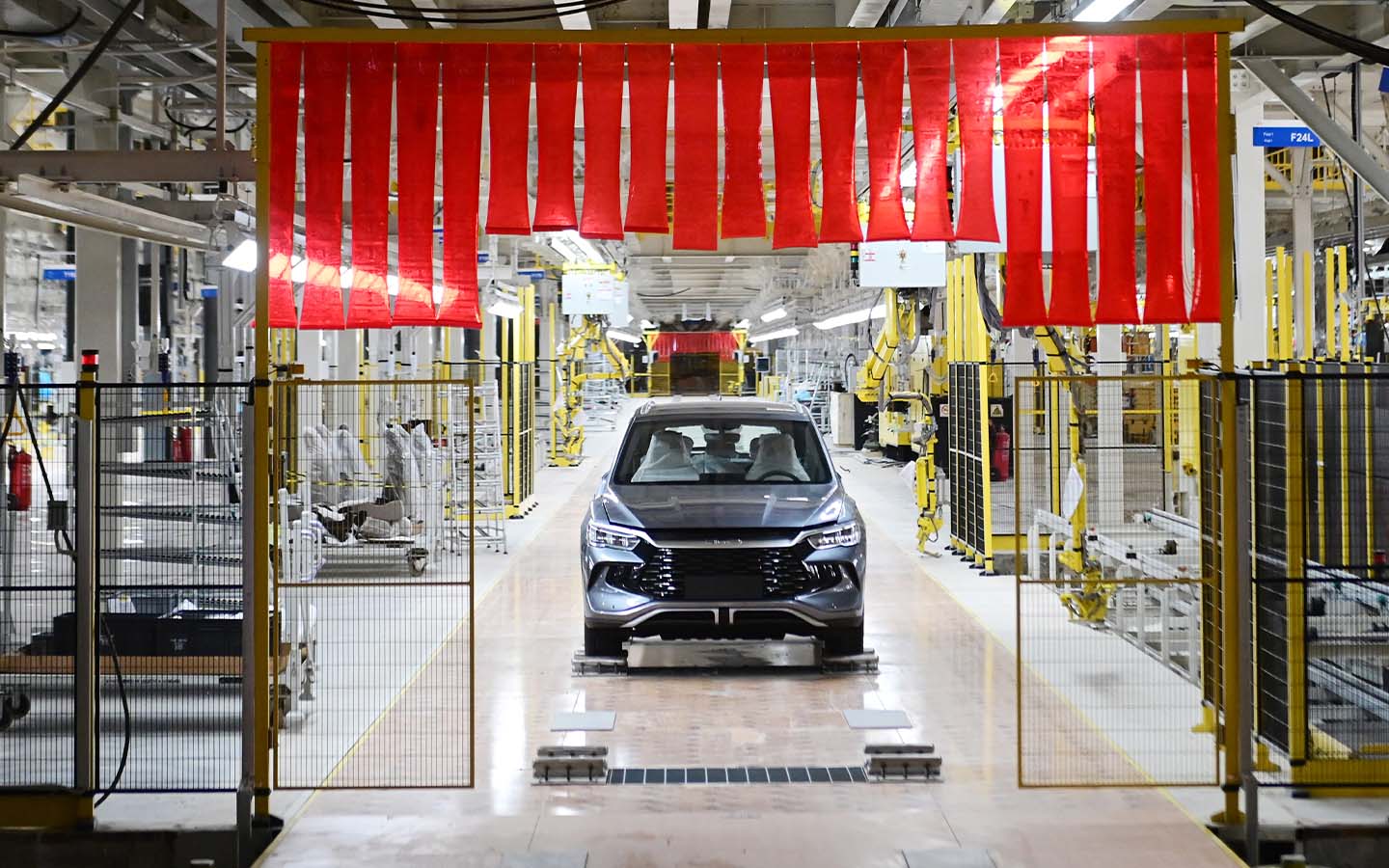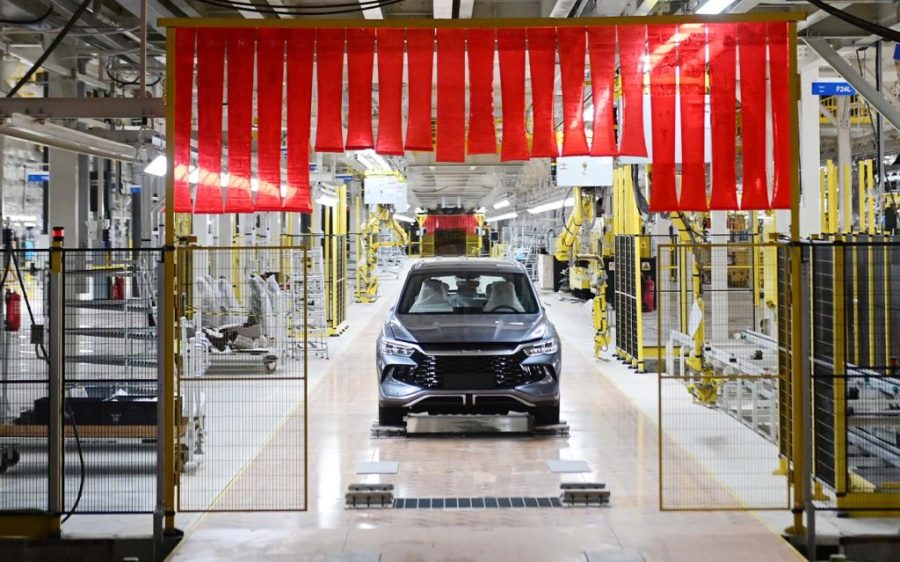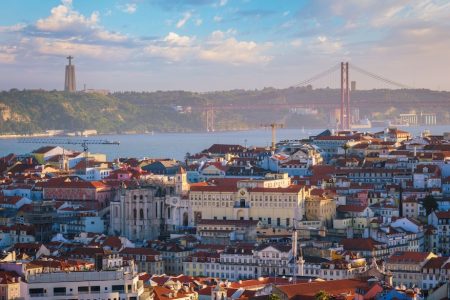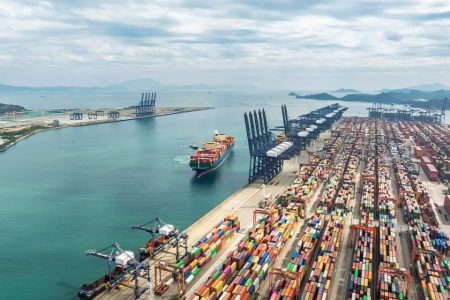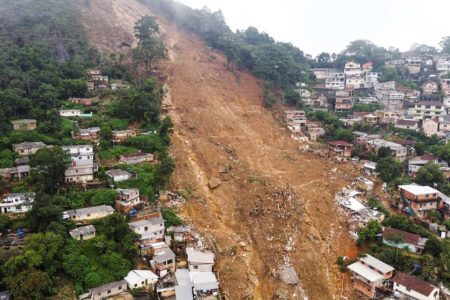After a tumultuous start to the year, BYD has started production at its Camaçari plant, with the first electric vehicle rolling off the assembly line on 1 July, reports Car News China.
Opening the Camaçari plant, located in the northeastern state of Bahia, marks a milestone for the company as its first EV plant outside of China. BYD acquired the former Ford plant in March 2024 for 300 million reais (US$55.46 million) and spent the next 16 months reconstructing a plant meant for internal combustion engine vehicles into one that could produce battery electric (BEV) and plug-in hybrid (PHEV) vehicles.
The Dolphin Mini, the first vehicle to roll off the line in Brazil, is also the only fully electric vehicle planned for the initial phase of production. Known as the Seagull in China and the Dolphin Surf in Europe, the petite five-door hatchback starts at 118,800 reais (US$21,960), making it one of the most affordable EVs in Brazil.
The initial production phase will also include two PHEVs: the Song Pro, a compact crossover SUV, and the King, a compact sedan marketed as the Destroyer in China.
For now, the Camaçari plant will operate on a semi-knock-down (SKD) basis, an approach in which the vehicle is partially disassembled in China and significant components like the body, motor and battery are shipped to Brazil to be assembled locally.
[See more: The Brazilian labour authority has launched legal action against BYD]
BYD says it will push for further localisation of production as things move forward, including local stamping, welding, painting and peripheral components. The company recently partnered with Continental, for example, which is expected to supply tires made in Brazil. The tiremaker, also operating in Camaçari, may be the first deal but it is only one of more than 100 Brazilian companies to qualify to supply parts for BYD.
The SKD approach may have helped BYD push up its launch date, delayed by an ongoing labour abuse investigation that slowed construction, but it does nothing to escape the rising tariffs – one of the main drivers of BYD’s switch from imports to domestic manufacturing.
The 1 July opening coincided with a hike on all-electric vehicle imports, from 18 percent to 25 percent, and PHEVS, which jumped from 20 percent to 28 percent. Tariffs on SKD semi-dismantled vehicles are identical to their fully assembled counterparts, although BYD is requesting a reduction to 10 percent for their semi-dismantled cars. The company has yet to receive a response from the government, according to Brazilian outlet Autoo.
The Camaçari plant currently employs more than 1,000 workers, with over 400 Brazilian employees hired in recent weeks. At the rollout, BYD announced the opening of 3,000 more vacancies to be filled by the end of the year, for everything from engineers to security guards to logistics professionals.
The company expects the Camaçari plant to create as many as 20,000 direct and indirect jobs as it leans more on Brazilian suppliers. BYD is also developing a flex-fuel hybrid engine in cooperation with Brazilian scientists, creating a bridge vehicle tailored for the world’s second-largest producer of ethanol as it builds out EV infrastructure.
